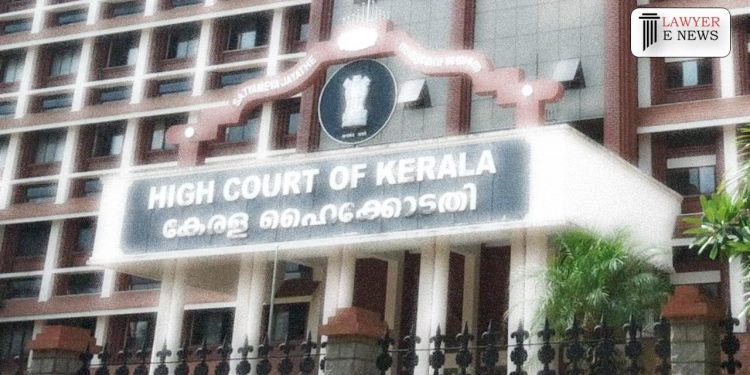-
by Admin
15 February 2026 5:35 AM



Justice C.S. Dias emphasizes the principle of "bail as a rule, jail as an exception," while granting bail to Khalil Rahman in Crime No. 201/2024.
The High Court of Kerala, presided over by Justice C.S. Dias, granted bail to Khalil Rahman, accused in a high-profile attempted murder case. The judgment, delivered on July 17, 2024, underscores the principle that bail is the rule and jail is an exception, as long as there is no substantial reason to deny it. The court considered the completion of the investigation and the absence of the accused's prior criminal record in its decision.
The case revolves around an incident on April 16, 2024, where Khalil Rahman allegedly used obscene language and inflicted a severe head injury on the defacto complainant's husband with an axe, resulting in a skull fracture. Rahman was arrested on June 4, 2024, and had been in judicial custody since then. The prosecution charged him under various sections of the Indian Penal Code (IPC), including Sections 294(b), 506, 324, 326, and 307.
The court noted that the investigation had been completed, and the final report was submitted on July 10, 2024. This significantly influenced the decision to grant bail, as there was no further need for the accused's detention for investigative purposes.
Justice Dias referenced the Supreme Court's judgment in Sanjay Chandra v. CBI, which emphasizes the presumption of innocence until proven guilty and views pre-conviction detention as punitive. "Any imprisonment prior to conviction is to be considered as punitive and it would be improper on the part of the Court to refuse bail solely on the ground of former conduct," the judgment noted.
Citing Dataram Singh v. State of U.P., Justice Dias reiterated that bail is a rule and jail is an exception, stressing that the discretion to grant bail should be exercised judiciously. "The right to bail cannot be denied merely due to the sentiments of the society," he remarked.
"The fundamental postulate of criminal jurisprudence is the presumption of innocence until a person is found guilty," Justice Dias observed. He further stated, "The right to bail cannot be denied merely due to the sentiments of the society."
The High Court of Kerala's decision to grant bail to Khalil Rahman reinforces the judiciary's commitment to the principle of presumed innocence and the rule of law. By emphasizing the importance of judicial discretion and the need for a compassionate approach, the judgment sets a significant precedent in the context of bail applications in serious criminal cases. The ruling underscores that completed investigations and lack of prior criminal records are critical factors in deciding bail, ensuring that pre-trial detention is not used punitively.
Date of Decision: July 17, 2024
Khalil Rahman v. State of Kerala
